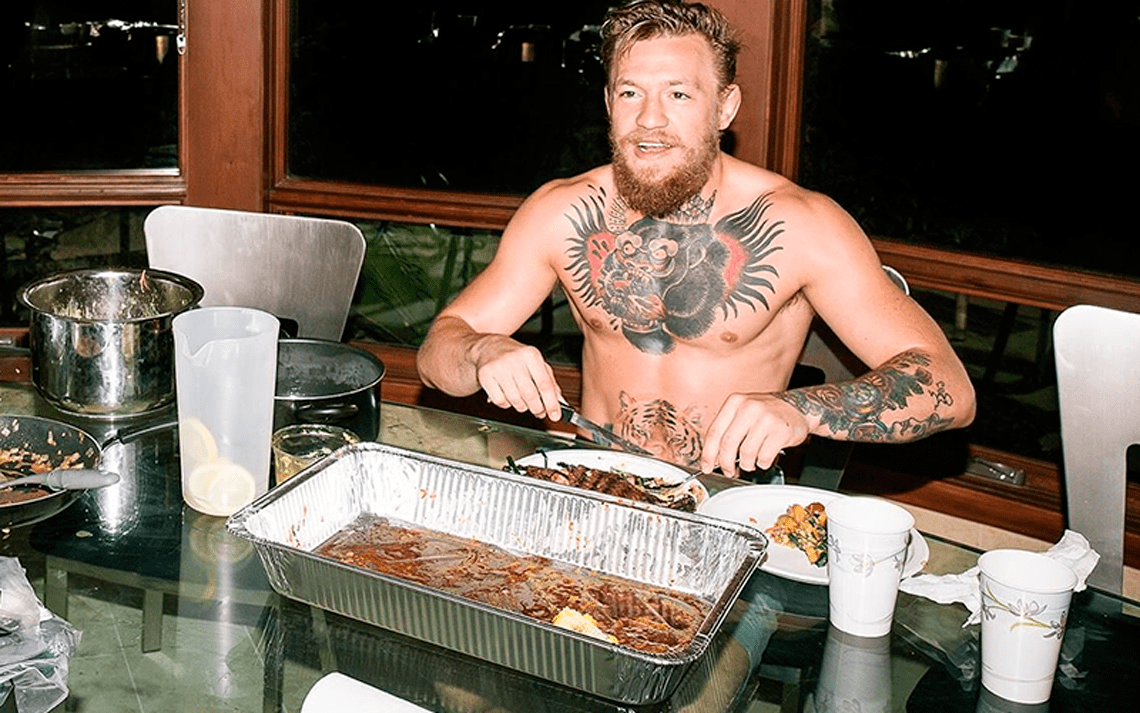If building muscle is your goal in the gym, as it is with most of us, this can only best be achieved by a two-pronged approach to your training: calculated, effective work coupled with taking in the correct fuel with which to repair and improve your body.
You have no doubt seen people in your gym slurping on a variety of pre and post-workout protein shakes and while it makes sense to most that we must have a healthy intake of calories and nutrients to provide your body with the energy it needs to go through your paces in the gym, but also to fuel your body after a workout with the intention of adding muscle to your frame.
The amino acids contained within certain supplements are crucial to building muscle but how do you know how much is right for you? Generally speaking, your protein intake should be relative to either how much you eat or how much you weigh — but there are some things to be mindful of.
Your percentage of protein intake should be measured against your calorie intake. For example, if you consume 2000 calories then 30 percent of that would represent around 150g of protein. The same calculation to, say, 4000 calories would equal 300g protein.
Another way to view this is to consume protein relative to your body weight exclusively, with around 2g for each kg of your weight a good goal. Detailed further, you can make your protein calculation based upon your lean body mass, or everything in your frame that isn’t fat.
What are some good sources for protein? According to Men’s Health:
- Chicken Breast: 33g of protein per 100g
- Cod: 18g of protein per 100g
- Whey Protein: 80 to 90g of protein per 100g
- Clams and Other Molluscs: 48g of protein per 100g
- Low-sodium Parmesan Cheese: 42g of protein per 100g
- Tofu: 17g of protein per 100g
- Lean Beef: 36g of protein per 100g
- Lamb: 25g of protein per 100g
- Pork Tenderloin: 23g of protein per 100g
- Soya Protein Isolate: 88g of protein per 100g
So, let’s say you weigh 90kg and have 20 percent body fat, that means that you have 72kg of lean body mass. Multiply that by 2.2 and your daily protein target is 158g per day. Adjust that equation based on your own specifics.
Of course, as stated above, the diet and workout element to muscle growth work in tandem and become out of sync if there is an over-reliance on one so, much like everything else you do in the gym, there are no shortcuts — just ways to make your goals easier to achieve.




